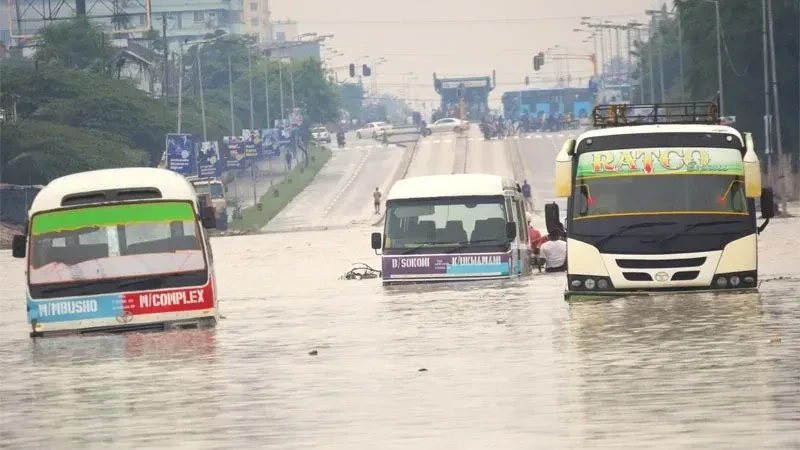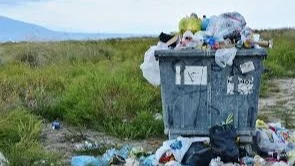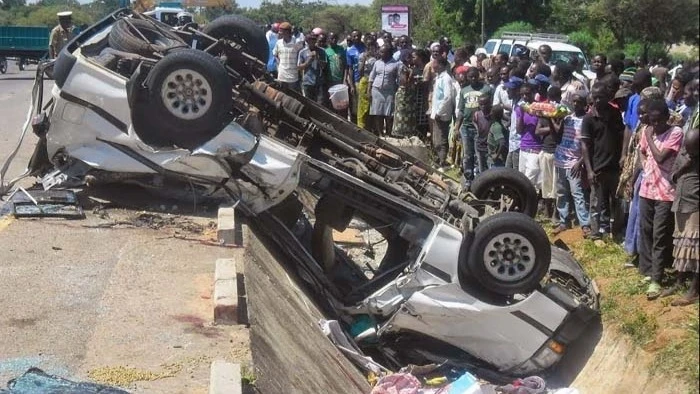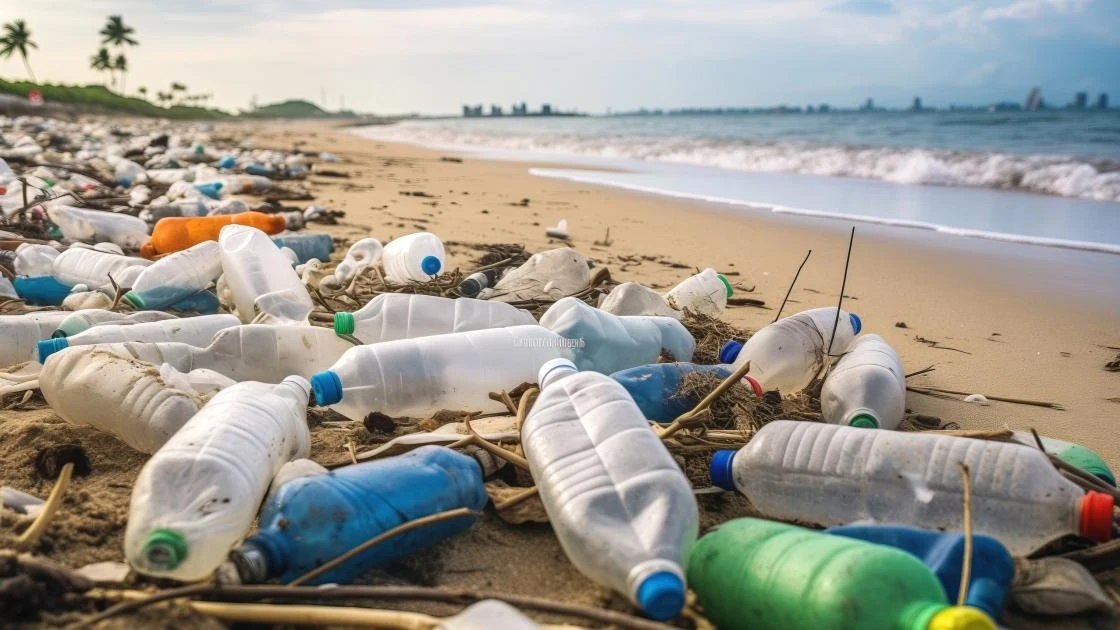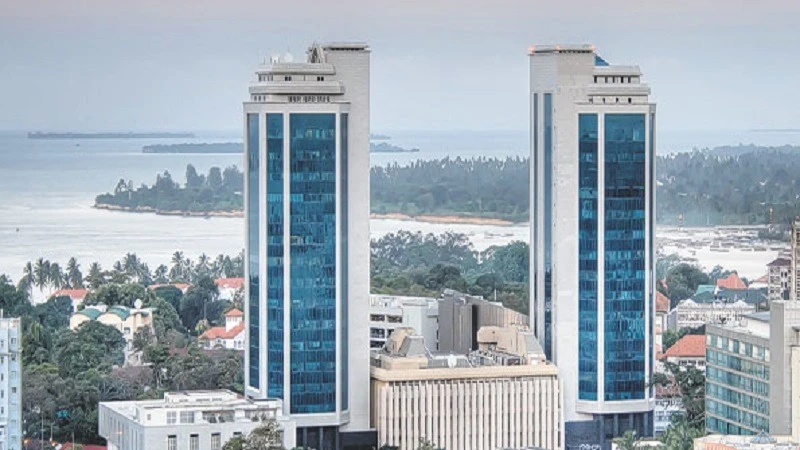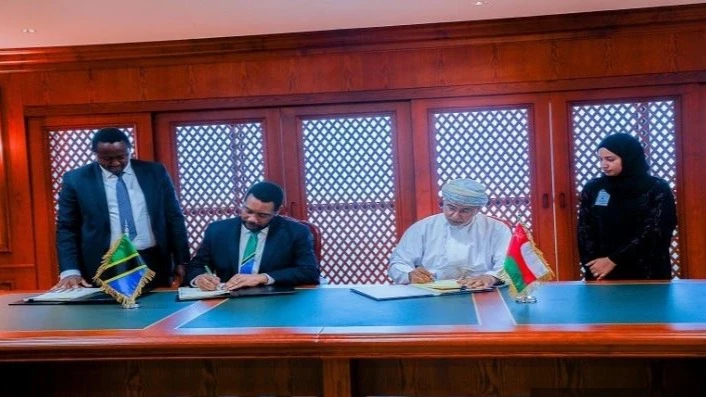Regulating mining should not mean stepping up joblessness

THERE is a tricky situation calling for intense consultations at upper government levels when one listens to residents of Ifumbo ward in Chunya District, Mbeya Region, where Minerals minister Anthony Mavunde was lately on a visit.
As irony would have it, the residents have been appealing to the government to remove gold miners ‘invading’ River Zira.
The surprising aspect is that mining seems to be conducted not just near rivers but seemingly within the key river and another one, which is obviously not environment-friendly.
While activists simply talk of mining as human activity destroying the environment there generally and the river in particular, there is more to this activity than meets the eye.
Gold mining isn’t just any other ‘human activity’, and it will need plenty of effort by the relevant authorities to dissuade people from conducting mineral extraction there.
Earlier it appeared that there was some big investing firm and villagers objecting to its activities chiefly for environmental reasons, but it now appears locals are in it as well.
It is even more surprising hearing that mining activities in the specific area have not become controversial only lately but this dates back a long time.
Journalists visiting the area were told that the mining activities violate directives by President Samia Suluhu Hassan, when she was vice president, and it is precisely to those areas that the minister has recently visited.
Roundabout ten years ago, the then VP banned mining activities in two rivers in the district – Zira and Lupa – in what was widely viewed as a measure underlining the need to protect the environment.
It is unfortunate if whatever bans are imposed are observed only briefly, and then the ‘force of gravity’ compel residents to resume mining again.
Whether or not there is siltation and sedimentation in the river, the bans don’t appear to stand. But one thing is evident: gold is more highly rated than fears on environmental damage.
The mining activities aren’t just being pursued with shovels and pick axes but with advanced machinery – and aren’t being conducted by trespassers but actual investors with due recognition and licences. With this, one is tempted to believe that these activities are there to stay – not likely to end any time soon.
Still the way the reports are presented appears to be slanted in favour of seeking some fall guy, an investor – this while the reality on the ground is different in that it is a free for all plus some recognised boundaries.
It seems that the local authorities are realistic about the situation, that it is persuade people into putting a stop to mining and go back to their maize fields, sweet potatoes or rice.
Another way out would be to move people from the damaged area by developing it into a special economic zone.
The government habitually pays to relocate people from wildlife areas and it would as easily move similarly to facilitate mining and related activities but without this leading to enhanced levels of poverty, joblessness, etc. Just a thought.
Top Headlines
© 2025 IPPMEDIA.COM. ALL RIGHTS RESERVED








